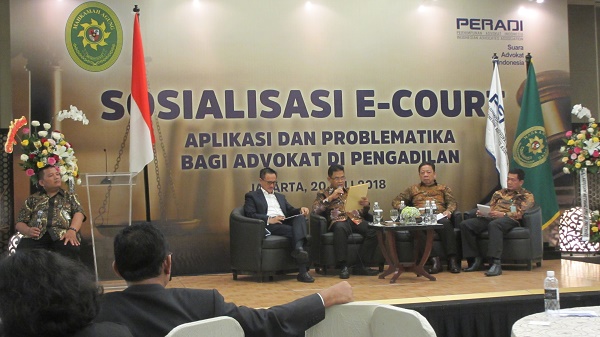In the Act No. 20 of 2018 concerning the Use of Foreign Workers, foreign workers users are required to provide workshops with certain positions and within a specified period of time, and must prioritize the use of Indonesian workers in all available positions. But if there is no personnel Indonesian employment that is incapable in the position, is then employed by foreign workers.
Foreign workers are also prohibited from occupying positions that take care of certain personnel and / or positions determined by the minister.
Every foreign workers users must have a Planning for the Use of Foreign Workers (RPTKA) issued by the Minister of Religion and a designated official, which contains:
1. Reasons for using Foreign Workers;
2. Position of Foreign Workers in the organizational structure of the company concerned;
3. The period of use of Foreign Workers;
4. Appointment of Indonesian workers as a companion for Foreign Workers employed.
Requests for ratification of Planning for the Use of Foreign Workers submitted by foreign workers users must attach:
1. Business license from the authorized agency;
2. Letter of establishment of the company issued by the Ministry of Law and Human Rights;
3. Chart of the organizational structure of the company;
4. A statement letter to show the accompanying workforce and the implementation of work education and training; and
5. Statement letter to implement education and job training for Indonesian workers in accordance with the qualifications of positions occupied by foreign workers.
Planning for the Use of Foreign Workers Approval is given by the minister or appointed official no later than 2 days after the application is received in full.
By Eni Oktaviani




